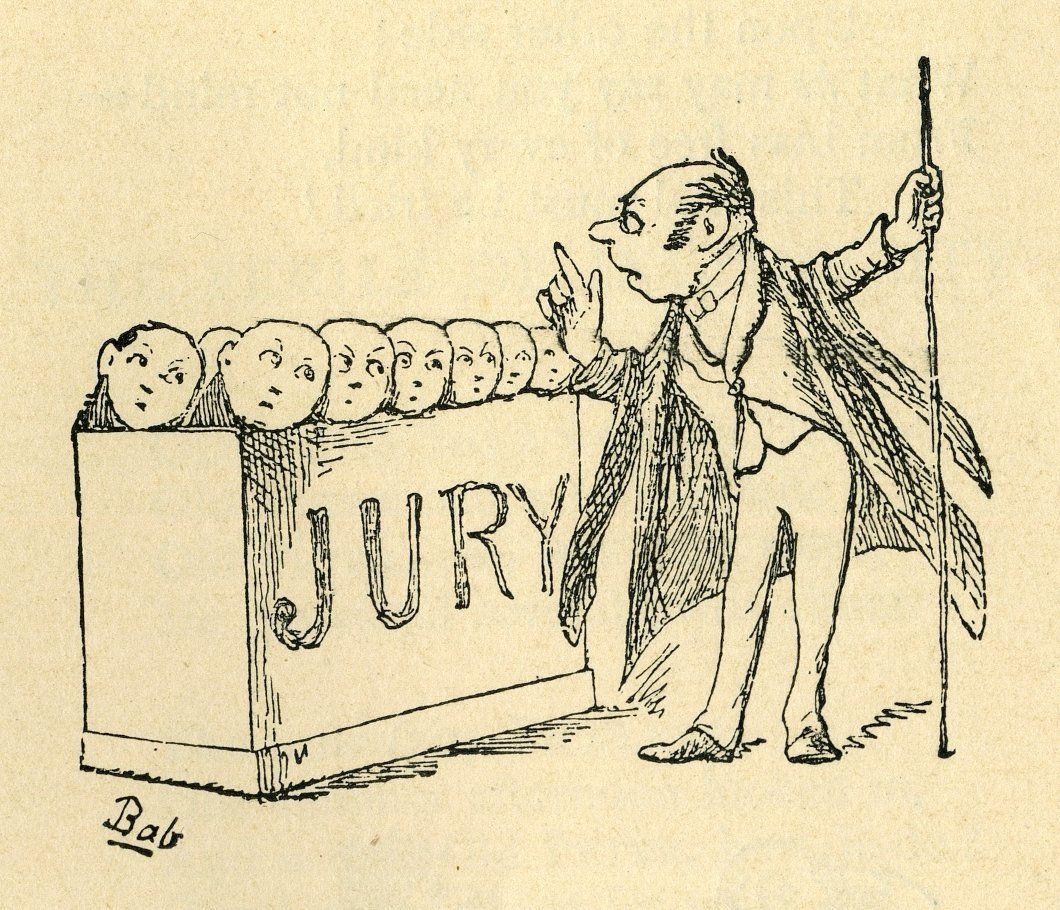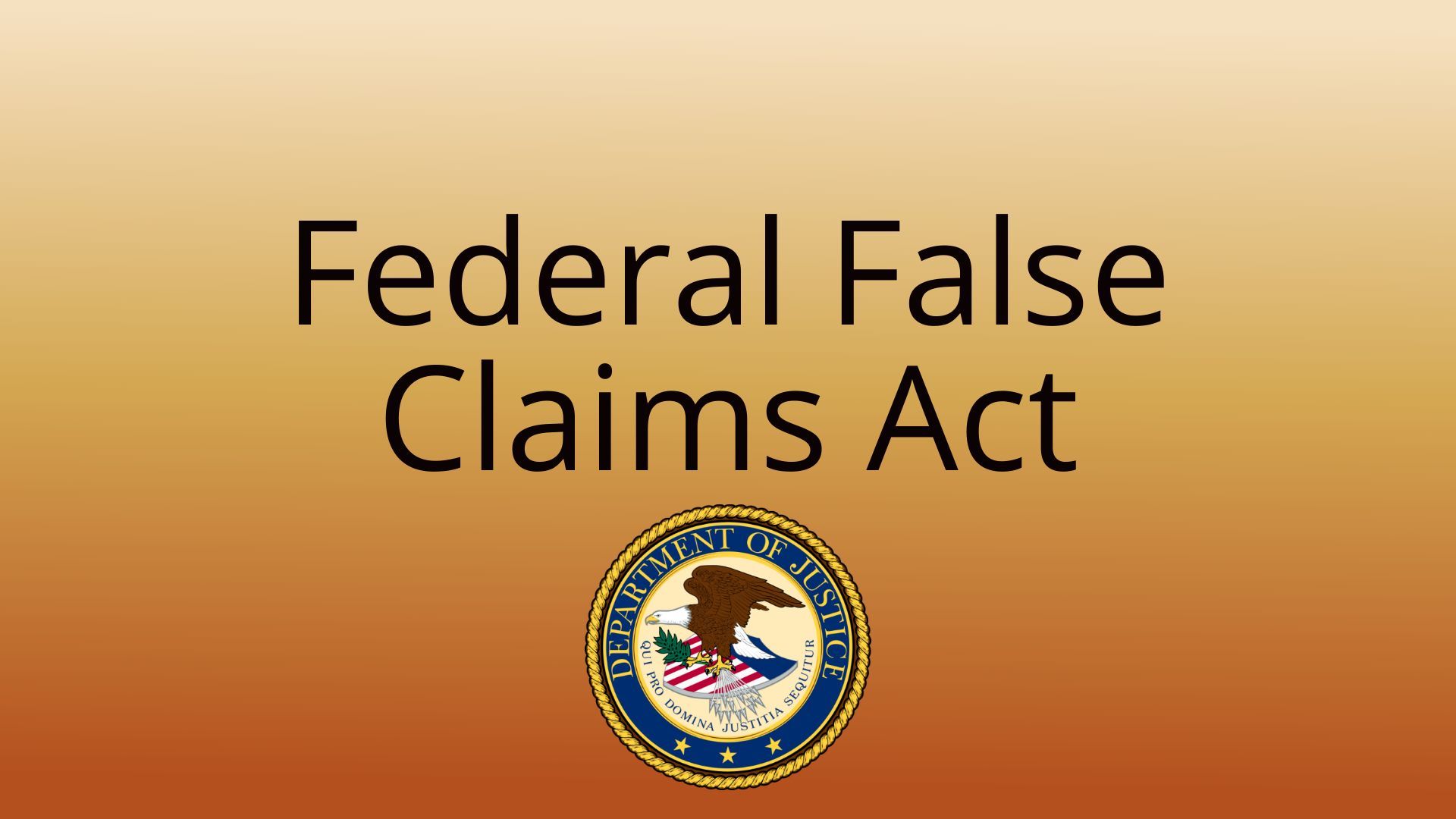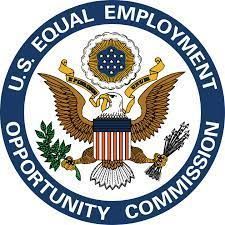Am I Entitled to Severance Pay?
What is Severance Pay?
Severance pay is commonly associated with employment situations where an employee is downsized or laid off, as opposed to termination for cause. In the context of downsizing or layoffs, employers may provide severance packages as a financial cushion to help affected employees during the transition period. Severance pay is often seen as a form of compensation beyond regular wages and may include additional benefits. However, in cases where an employee is terminated for cause, such as due to misconduct or violation of company policies, employers generally do not provide severance pay.
Is Severance Pay Required under New York Law?
In New York State, private employers are generally not required by law to provide severance pay to employees. Severance pay is typically a matter of agreement between the employer and the employee, either through an employment contract, company policy, or negotiations during the termination process.
Is There a Plan or an Agreement Providing Severance Pay
It's essential for employees to review their employment contracts, company policies, or any agreements they may have with their employers to determine if they are entitled to severance pay upon termination. Additionally, some employers may offer severance pay as part of a separation or termination package, but this is not mandated by state law.
What are the Conditions to Receive Severance Pay?
Formula for Severance Pay: The amount of severance pay is typically determined by a formula, often based on the number of years an employee has worked for the company. Commonly, a specific number of weeks of pay is assigned for each year of service. This formula aims to provide financial support to employees during the transition period and varies across companies and industries.
Consideration/Revocation Period: In situations of individual layoffs, employees are usually given at least 21 days to consider the terms of the severance package before making a decision, and 7 days to revoke their signature, once it is signed. In cases of group layoffs, this consideration period is extended to 45 days. This timeframe is designed to allow individuals the necessary space to review the terms, consult with legal counsel if needed, and make an informed decision about accepting or negotiating the severance offer.
Navigating the Process: Employees should approach the severance negotiation process with diligence. Carefully reviewing the terms, seeking legal advice when necessary, and understanding the implications of the release of claims are crucial steps. Negotiating certain aspects of the severance package, such as the terms of the release or the amount of severance pay, may be possible and can usually be negotiated with the employer.
CONCLUSION
In times of employment transition, being well-informed empowers individuals to make decisions aligned with their best interests. Consideration of these key conditions can contribute to a smoother and more informed process when navigating severance packages.
If you have specific concerns or questions about your situation, it's advisable to consult with an employment attorney who can provide guidance based on your individual circumstances and any applicable agreements in place.
Location
Raymond Nardo, P.C.
129 Third Street Mineola,
New York 11501
Contact Us
516-248-2121
All Rights Reserved | Law Office of Raymond Nardo










